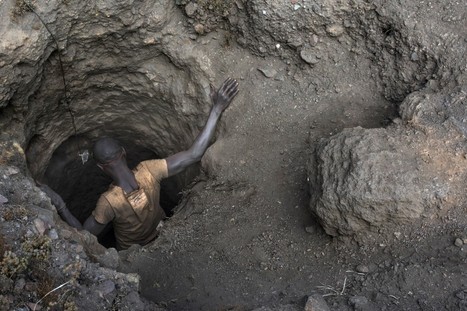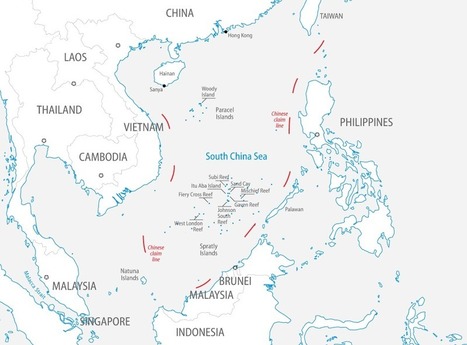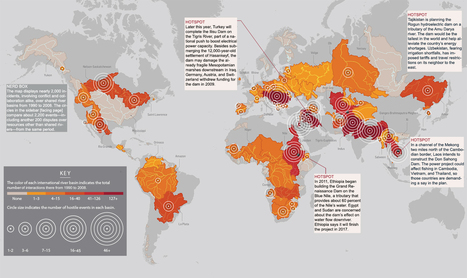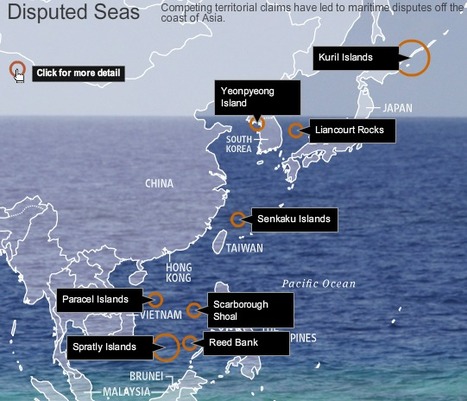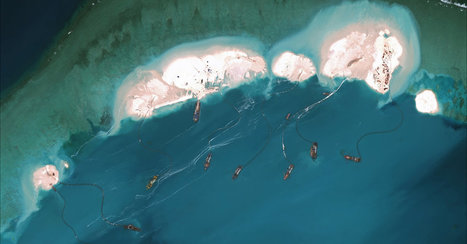Competing territorial claims have led to maritime disputes off the coast of Asia. See a map of the islands at issue.
This is an nice interactive map that allows the reader to explore current geopolitical conflicts that are about controlling islands. This is an good source to use when introducing Exclusive Economic Zones, which is often the key strategic importance of small, lightly populated islands.
Tags: EastAsia, SouthEastAsia, political, unit 4 political, territoriality, autonomy, conflict, economic.
Via
English Gallery,
Mike Busarello's Digital Storybooks



 Your new post is loading...
Your new post is loading...

